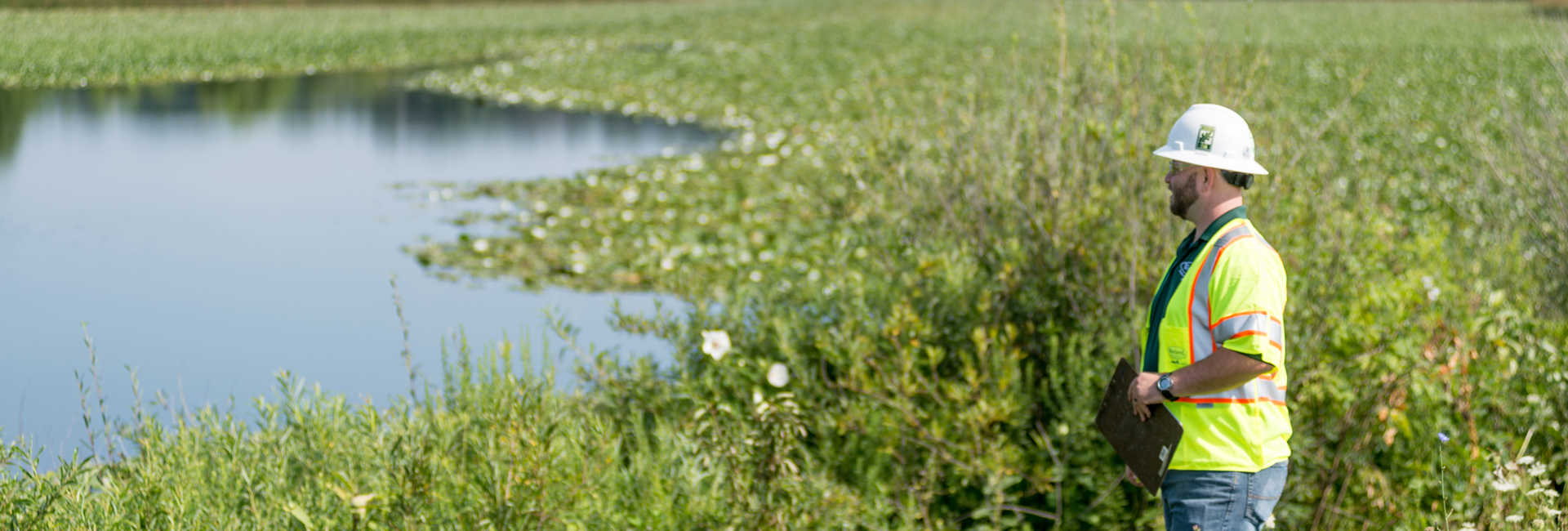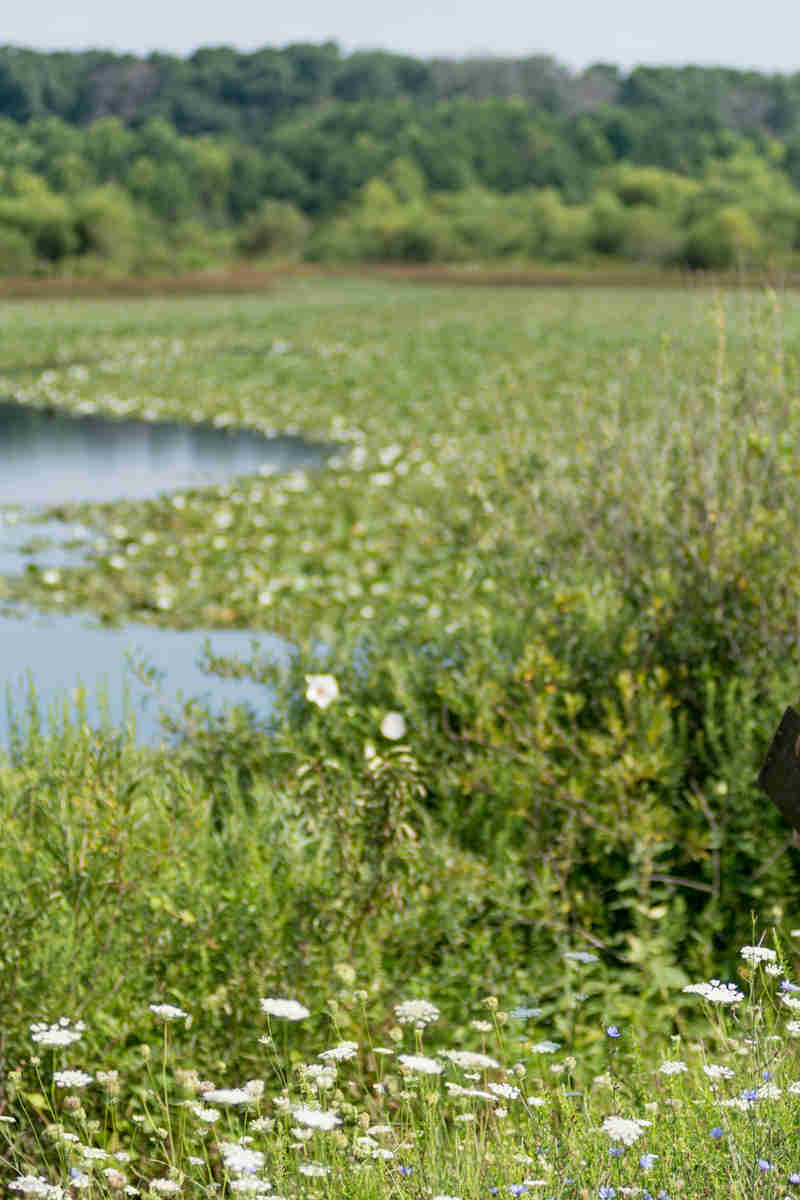Urban forestry master plans (UFMPs) help municipalities efficiently manage a healthy, safe, and sustainable tree population. Because each municipality’s end goals differ, each UFMP is customized with these objectives in mind.

For the city of Tallahassee, the end goal was to maintain its heavily forested features while the city was undergoing a large development boom. Specifically, their three main goals were:
- To improve tree canopy quality
- To maintain a 55% tree canopy density over 20 years, and
- To engage the community in urban forestry efforts.
To help meet these goals, the city partnered with Davey Resource Group in 2018 to develop a 20-year UFMP. Check out the final Tallahassee urban forestry master plan here, and read on to hear about the process.
Joining Forces for Sustainability
Davey started the UFMP development process with an urban tree canopy assessment (UTC) and tree inventory sampling to determine species diversity. With all of this data, DRG and Tallahassee began fleshing out the work required to meet their long-term goals.
The city discovered that 38 percent of their urban forest was made up of short-lived, weak-wooded tree species such as Carolina laurelcherry, water oak, laurel oak, and camphor trees. These species have low wind resistance, making the urban forest more susceptible to storm damage, and some are also invasive species that could overtake native trees. In order to correct this, the city is planting long-lived, native tree species such as live oak and Southern magnolia trees that will improve the quality and sustainability of their urban forest.

To meet their planning and planting goals, the city created a grassroots outreach program that took resident and business opinion into account. Tallahassee urban forester Mindy Mohrman attended meetings for environmental groups like Sustainable Tallahassee and the Audubon Society, business organizations such as the Chamber of Commerce, and community homeowners associations. The environmental groups appreciated the city’s commitment to a sustainable urban forest, and development-focused organizations were pleased that expansion projects would not detract from the city’s overall tree density.
Mohrman also created several town hall events to answer questions and hear the opinions of local community stakeholders. She remains committed to engaging the public, and keeps up with these connections through blog posts and social media.
Tallahassee’s efforts toward a community-focused UFMP were rewarded when they received the Florida Chapter American Planning Association Award of Merit in the Grassroots Initiative category in 2019.



